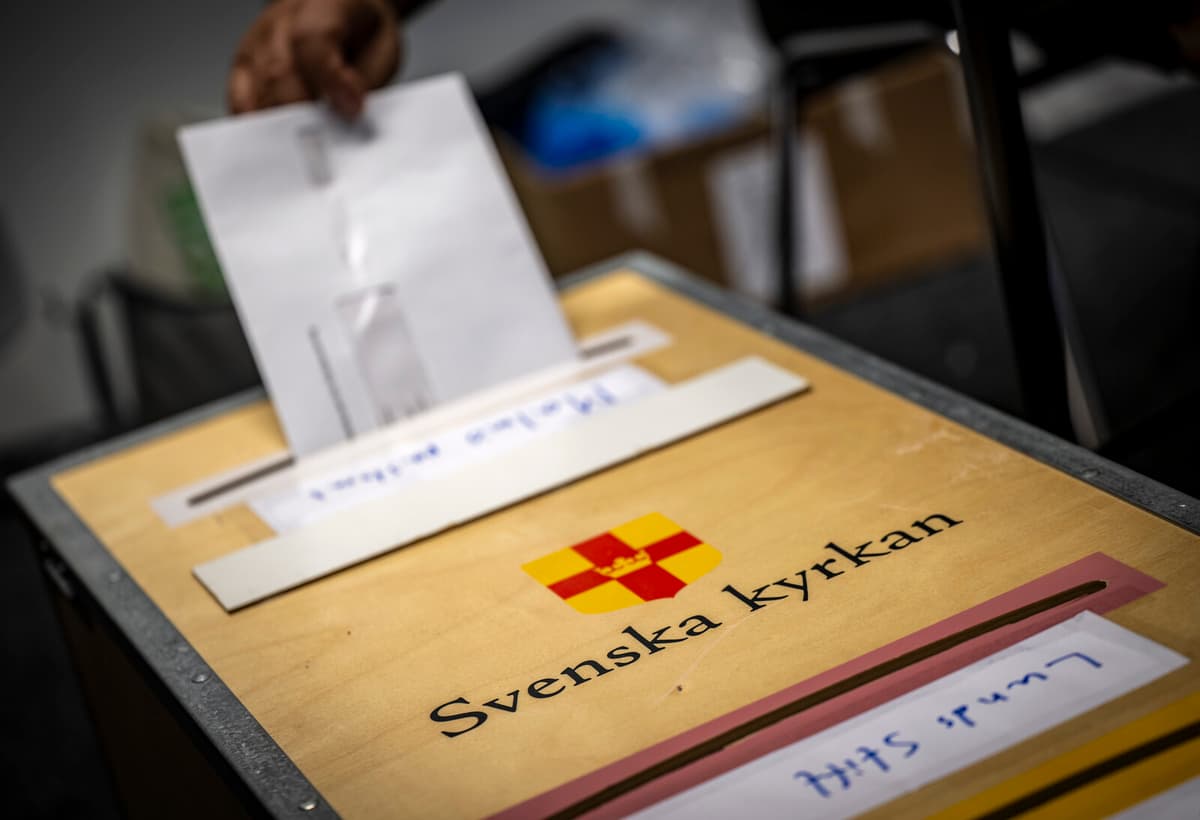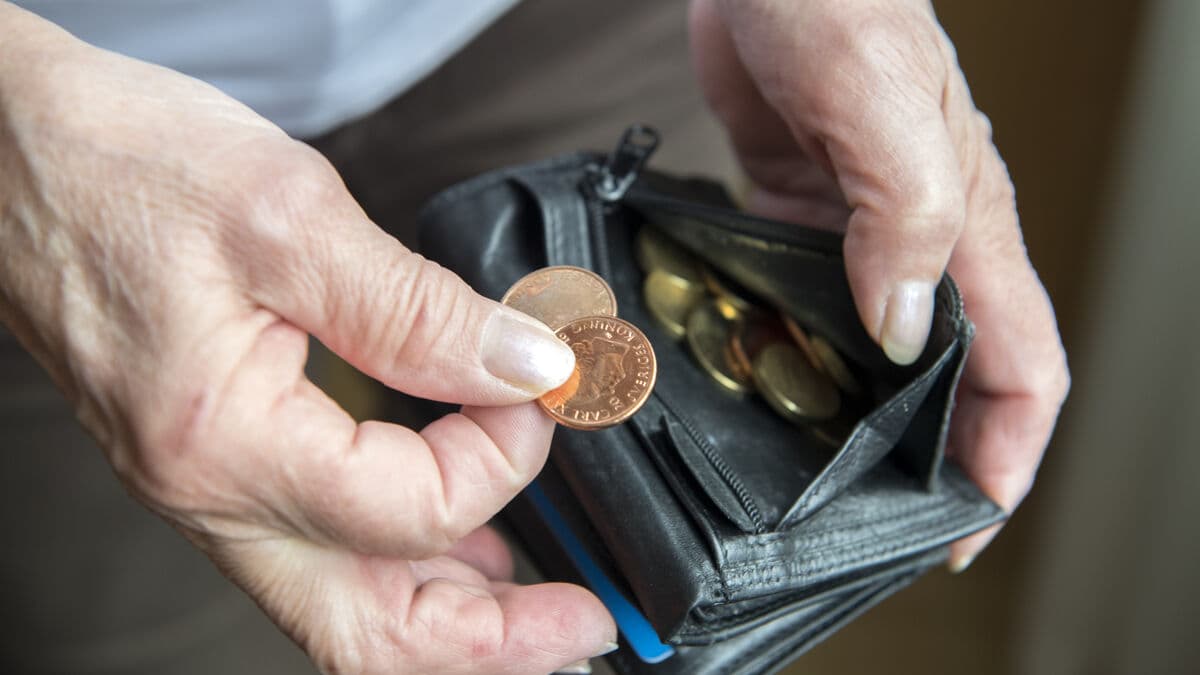Church Election
The Church of Sweden is the country's fifth largest forest owner and owns forests equivalent to the area of Gotland and Öland combined.
Among the nominating groups, which voters vote for in the election instead of parties, there are differing opinions on how the forest should be managed.
A year ago, an investigation was presented that deals with how the Church of Sweden can ensure sustainable forest management.
In the investigation, it was proposed that the Church of Sweden should protect more forest than it already does, work for fewer clear-cuts, wait longer before harvesting the forest, protect endangered species, and think more about climate impact, says Morén.
Hot Issue in the Church Assembly
Several nominating groups reacted to the investigation, which has become a hot issue in the election to the Church Assembly, which is the Church's highest decision-making body at the national level.
Some nominating groups are going to the election on proposals presented in the investigation. Others believe that there are risks associated with centralized forestry and that the Church already has good forestry. There has also been a debate about how climate-smart it is to wait longer to harvest the forest, says Morén.
According to the Swedish Society for Nature Conservation, which has compiled the nominating groups' attitudes towards the forest investigation, four parties stand out as the most positive.
They are the Most Negative
The Greens in the Church of Sweden (DGSK), Heaven and Earth (HoJ), The Left in the Church of Sweden (ViSK), and the Social Democrats (S) say yes to all the proposals in the investigation.
Other groups, such as the Bourgeois Christian Cooperation (BKS), Sweden Democrats in the Church of Sweden (SDSK), and Free Liberals in the Church of Sweden (FiSK), are more negatively inclined and answer no to several proposals.
Several groups – including the Center Party (C) – have answered "don't know" to one or more proposals.
Many Center Party members probably think it's better to use the forest more like the Church does today, says Morén.
When and how can you vote?
On Sunday, September 21, there is an election to the Church of Sweden, where a total of 546 nominating groups and more than 25,000 candidates are running.
All members of the Church of Sweden who are over 16 years old can vote in the election.
On election day, September 21, you can only vote in the polling station that you belong to.
Your polling station is stated on the voting card that has been sent out to the Church of Sweden's approximately five million members.
Between September 8 and election day, September 21, you can vote in advance, which means you can vote in other polling stations around Sweden.
Who can you vote for?
Voters vote for who should lead the Church of Sweden on three different levels: the Church Assembly (national), the Diocesan Council (regional), and the Church Council (local).
Some of these bear party names, some have historical connections to the parliamentary parties, and some call themselves non-partisan.
Twelve nominating groups with different interests are running in the national Church Assembly election: Alternative for Sweden (AfS), Workers' Party – Social Democrats (S), Bourgeois Christian Cooperation (BKS), Center Party (C), The Greens in the Church of Sweden (DGSK), Free Liberals in the Church of Sweden (FiSK), Courageous Church (FK), Heaven and Earth (HoJ), Non-Partisan in the Church of Sweden (POSK), Sweden Democrats in the Church of Sweden (SDSK), The Left in the Church of Sweden (ViSK), and Open Church – a Church for All (ÖKA).
When will the results be presented?
New this year is that the preliminary election results will be published continuously on the Church of Sweden's website on election day.
At 9:00 PM, the Church of Sweden is expected to present a prognosis for voter turnout.
An hour later, at 10:00 PM, a preliminary election result for the Church Assembly is expected to be ready.
Results for the Diocesan Council and the Church Council will be published continuously throughout the night.
A final election result, which includes advance votes and postal votes, will not be presented until about four weeks after election day.
Source: Church of Sweden






